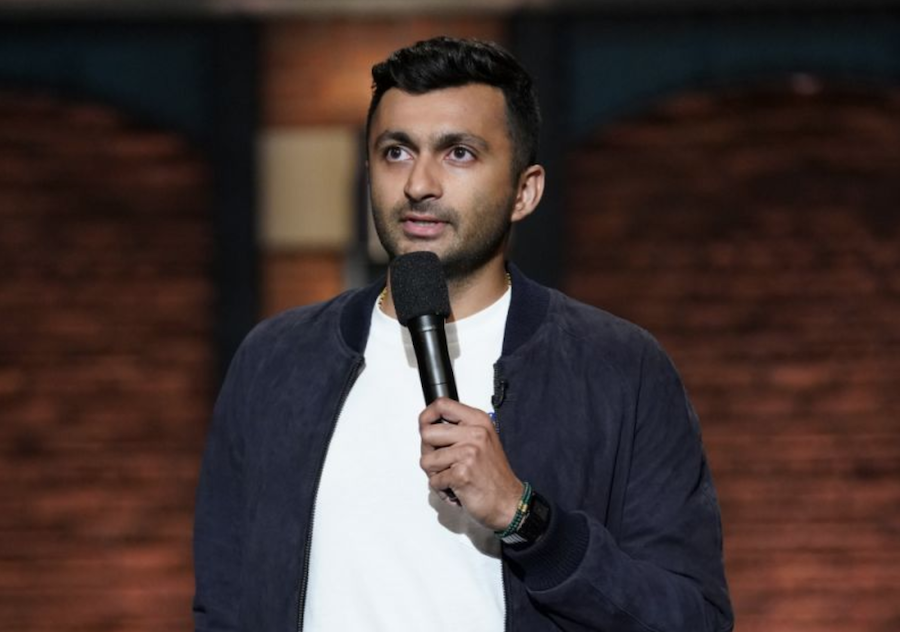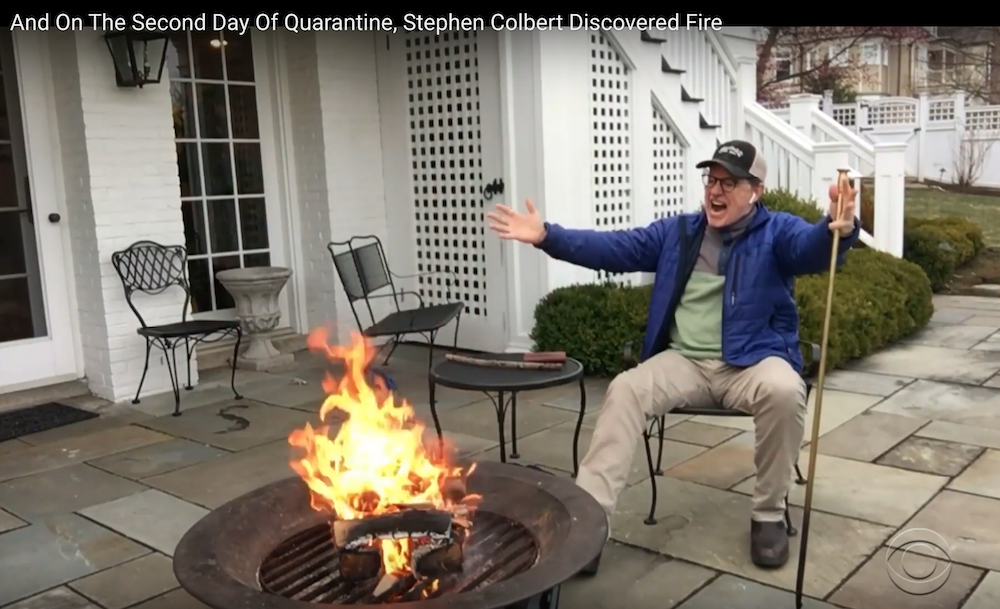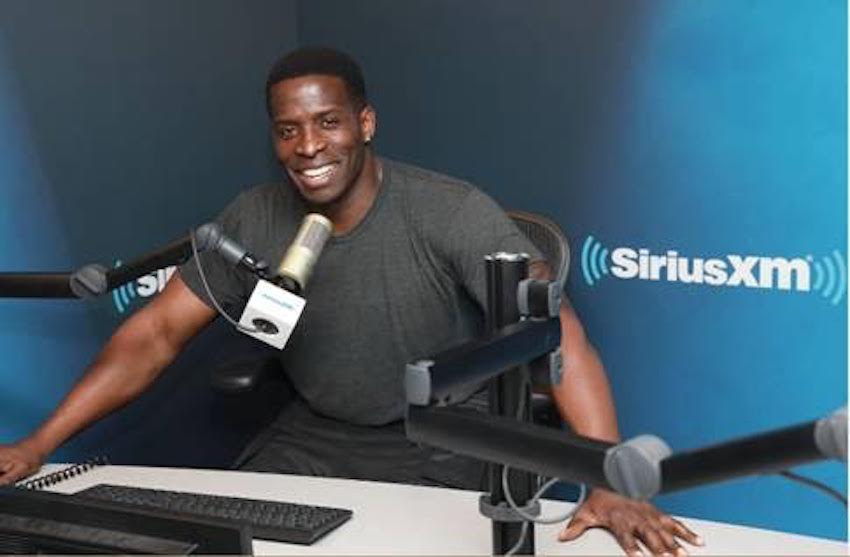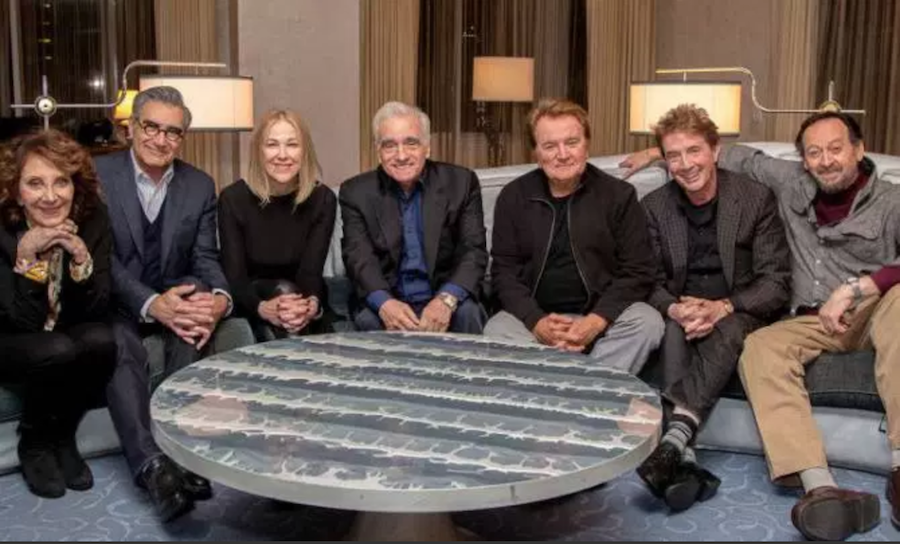Nimesh Patel has written for Saturday Night Live and performed on Late Night with Seth Meyers, but his most newsworthy gig happened just last weekend by becoming a hell gig.
“On Nov. 30, I performed stand-up as part of an annual event put on by the Asian-American Alliance at Columbia, and about 20 minutes into the show, my microphone was cut off,” Patel writes in an op-ed in today’s New York Times.
Why’d that happen?
The student organizers didn’t like his act. Specifically, they found a joke of his offensive. Seriously. As Patel wrote today in the NYT:
This was the joke that prompted their decision, slightly paraphrased:
I open by saying I live in Hell’s Kitchen, a diverse area in New York populated by, among others, gay black men who are not shy about telling me they don’t approve of what I’m wearing. I try to learn things from everyone I encounter, and one day I realize oh, this is how you know being gay can’t be a choice — no one would choose to be gay if they’re already black. No one is doubling down on hardship.Then I say, no black dude wakes up and thinks that being a black man in America is too easy. No black dude says, “I’m going to put on a Madonna halter top and some Jordans and make an Indian dude real uncomfortable.” That’s not a choice.
The joke bombed — total silence in the crowd of several hundred students — but I didn’t think anything was abnormal. I wrote the joke about six years ago, and it may be hacky at this point, but I certainly don’t see it as anti-anyone. While comedians can and do tailor sets for audiences — you don’t do blue jokes in a room full of nuns kind of thing — for the most part you learn what works with a crowd only when it works or doesn’t. This particular joke has worked at New York clubs full of gay people, black people and college students multiple times. I didn’t think twice about using it in a room full of smart, progressive young adults.
Upon further reflection, and circling through various emotions, Patel believes that social media has made life more difficult for people to sift through the noise and not become so easily offended by that noise. But he remains optimistic.
After I was forced offstage, something unexpected happened: Notes of support flooded in. Students apologized via email and via Instagram DM. They told me: We’re not all sensitive people; we can take jokes; you shouldn’t have been pulled offstage, that was wrong. Three Columbia students even came to my next show to apologize in person.
I was grateful. They helped me see that when older people call students today oversensitive, we do the same thing that we accuse the college students of doing — jumping to a predetermined conclusion based on the action of a small group. I’ve been talking about this onstage since the night it happened, and I’ve realized that this generalization about college students is not unlike racists thinking every brown person is a terrorist, or people thinking that every orange-faced, yellow-haired person is a lying idiot. Most brown people have yet to blow anything up, and most orange-faced yellow-haired people are decent Floridians.




